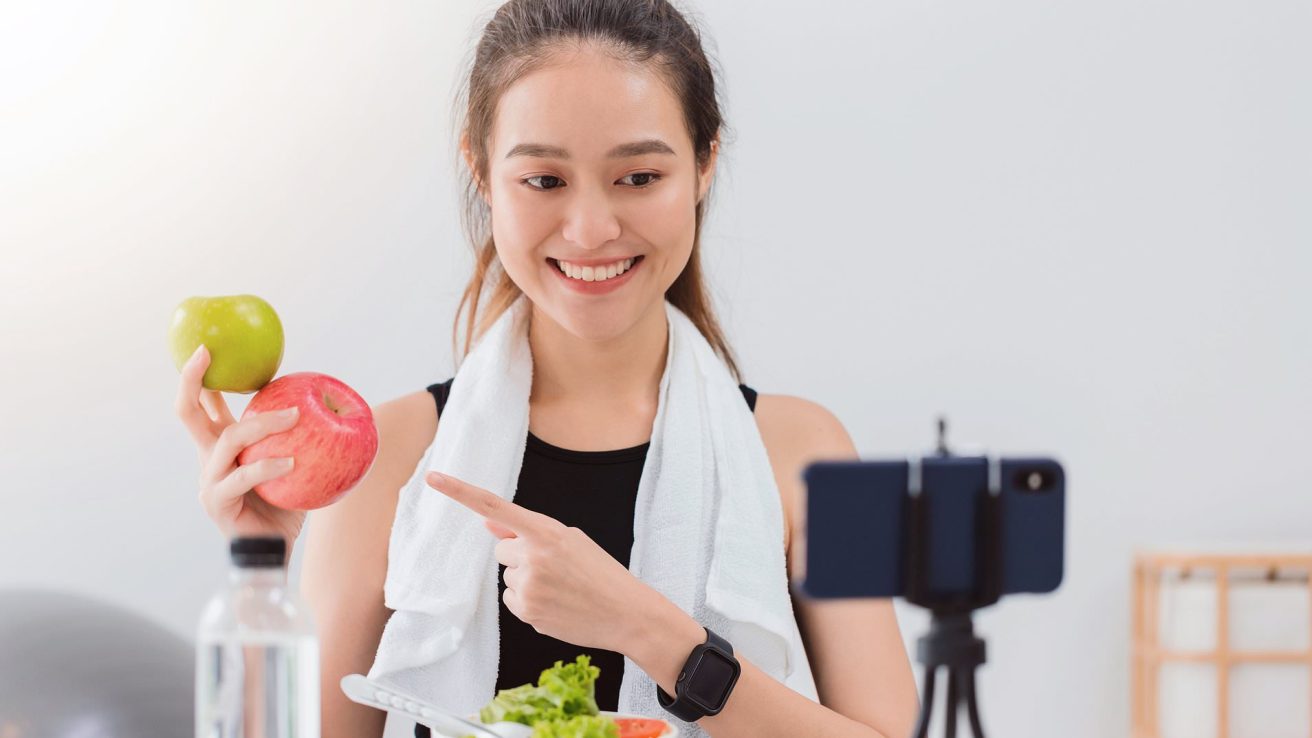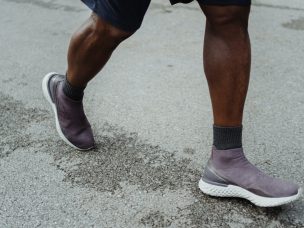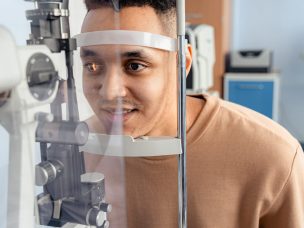Per a study by Leapcure, a tech-focused clinical trial organization, recruiting with health influencers more than doubles the reach to patients.
The company launched a pilot program in 2019 that measured how effective health influencers are to recruitment. It concluded that tapping health influencers costs significantly less than traditional advertising methods but packs a way more powerful punch.
According to a recent article by MM&M, with health influencer campaigns, patients were reached by study coordinators more than 85% of the time, more than double the reach of digital ad campaigns, Leapcure said. These campaigns also use about 10% of the media fee requirements compared to digital ads.
“We can bring in patients somewhere in the range of $30 to $40 each, that’s critical to running smart research from a budget perspective,” Zachary Gobst said in the article, who is the founder and CEO of Leapcure. “It’s not just that you’re finding patients at lower acquisition cost by working through health influencers, you’re also working with people who are much more committed to the cause, versus traditional advertising outreach.”
The company is aiming to amp up their influencer network for these specific medical campaigns, although they said the most challenging part can be convincing pharma clients and physicians to take up more modern advertising tactics. Many pharma companies are concerned about influencers damaging their brand.
In a fairly cautious industry, making medical clients aware of the benefits of trying new digital outreach methods can be an often arduous and interesting process. Fortunately, Leapcure has said that case studies have substantiated influencer marketing’s effectiveness.
“A surprisingly large part of what we have to do is education,” Gobst said in the article. “A big part of our job is to educate pharma on how to come up to speed, to embrace digital outreach and to embrace the feedback patients are giving you as you’re recruiting them.”
But the positive results speak for themselves. Patients are often already following health influencers on their personal social media accounts. And for some researchers, finding volunteers for studies can prove to be challenging, especially those in disease states.
For example, a women’s health trial, Leapcure rounded up 20 parenting bloggers and influencers in the parenting space to recruit patients.
“Patients coming from influencers are people who are desperately looking for improvement to the standard of care and grasping on whatever they can find. They find people digitally because it’s not local to them,” Gobst said. “These people are looking everywhere they can to find someone to give them better care or promise access to new opportunities, that’s what this program is all about.”










